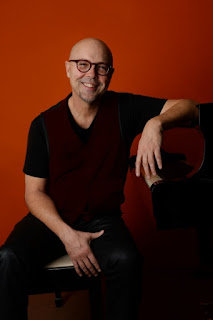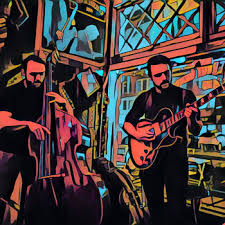You'll be so glad we made it (the wall) — just give him, give him some money!
The Wall Back in the campaign Trump could always raise a cheer When he said he would keep Mexicans from coming over here; Most undocumented now are visa overstays Not illegal border crossings like in the wetback days. But you’ll be so glad we made it, so glad we made that wall! You gotta give him some money, give him lots of money ‘Cause they won’t pay. He said it would be beautiful and cost a pretty penny He said he’d take their pesos, but they ain’t giving any; The wall’s a high priority, so what can he do But make the nation great again and send the bill to you? You’ll be so glad we made it, so glad we made it. You gotta give him some money, give him lots of money, ‘Cause they won’t pay. He wants to go to Congress and get ’em all on board Take one or two Corinthians to help him praise the Lord; Compassionate as hell, he’ll remind the DACA gang That bell in Philadelphia broke the first time it rang. But you’ll be so glad we made it, so glad we made that wall! You gotta give h











